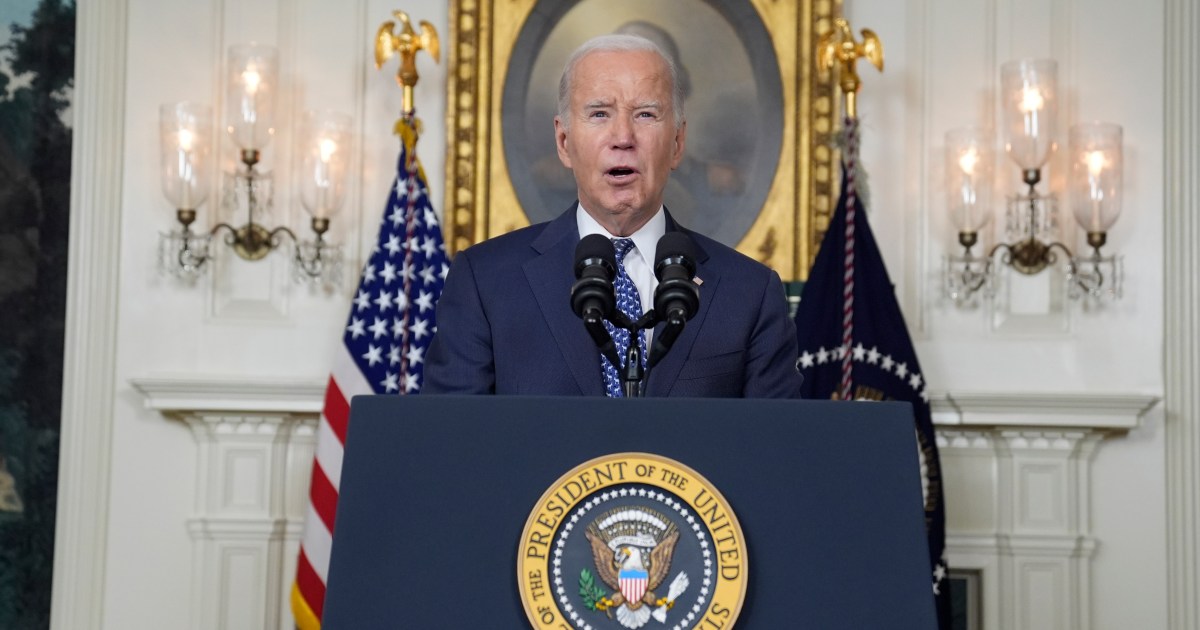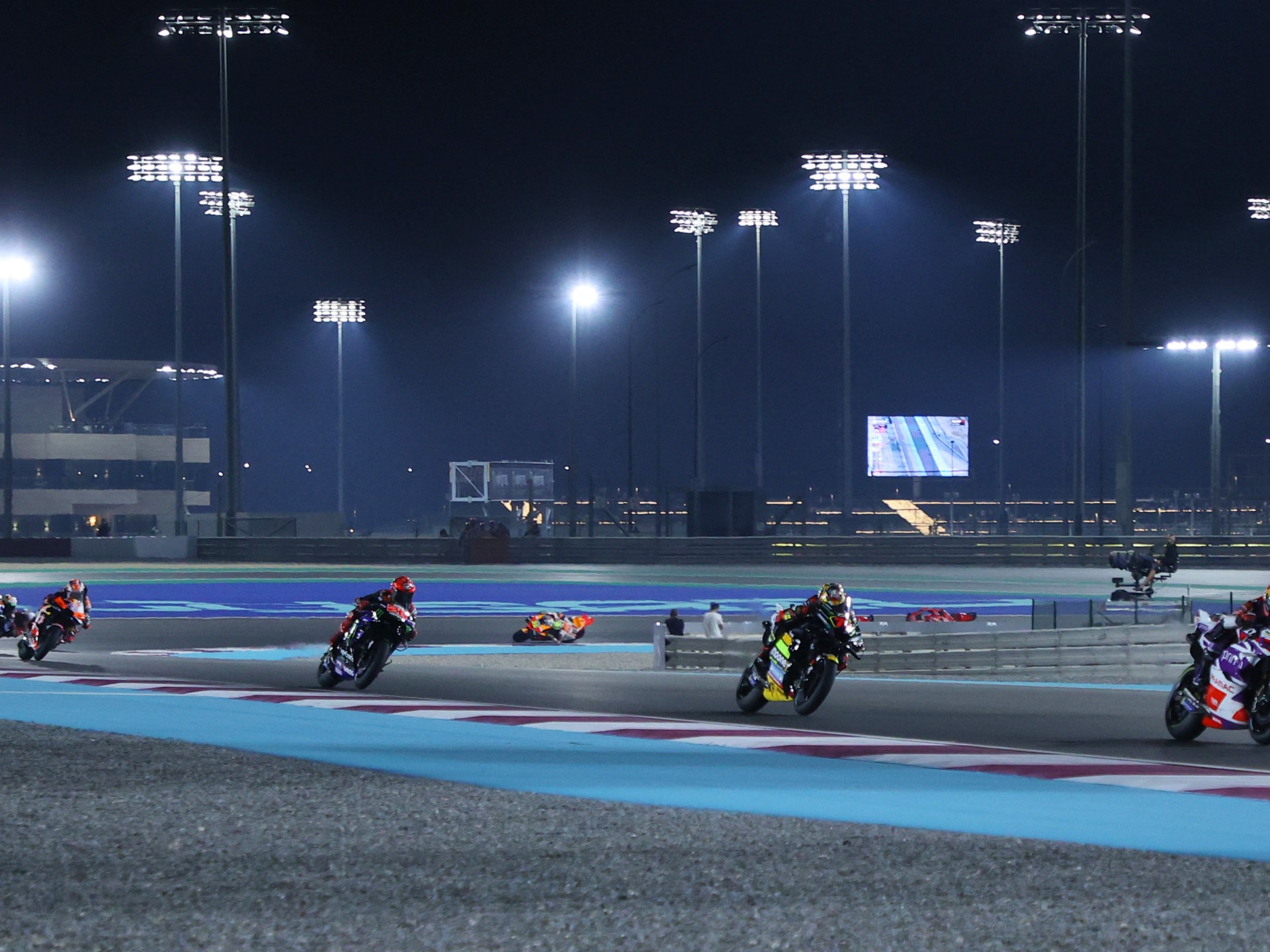Mongolian PM: Mongolia looks to rise out of China and Russia’s shadow
The interactions then offered a snapshot of the delicate dance played by Oyun-Erdene, whose landlocked country of some 3.4 million people remains in many ways beholden to its huge neighbors China and Russia, but whose democratically elected government is steadily working to diversify its economy and expand its ties to other powers in the region, including Japan, South Korea and the West.
Oyun-Erdene was in Washington last week, participating in meetings at the White House with Vice President Harris and separate sessions with Secretary of State Antony Blinken and Defense Secretary Lloyd Austin. The Harvard-trained reformist had discussions on cooperation regarding minerals, including copper, and signed an “Open Skies” civil aviation agreement with the United States.
“Mongolia is developing its ‘third’ neighbor policy and it is very important to maintain balance in our foreign relations,” Oyun-Erdene told me during an interview in the Mongolian Embassy in Washington last week, stressing that he saw the United States as “one of the most important ‘third’ neighbors” his nation could have.
Met with Mongolia’s Prime Minister Oyun-Erdene today to celebrate strong and growing U.S.-Mongolia ties. As strategic Third Neighbors, we will sustain our close partnership for continued prosperity, peace, and security. pic.twitter.com/8zxcvqvltT
— Secretary Antony Blinken (@SecBlinken) August 4, 2023
But Mongolia’s leader also was clear-eyed about the complexities of his country’s position. Mongolia is heavily dependent on its imports of electricity, fuel and many other goods from Russia and China. It’s hoping to develop new infrastructure deals with Beijing that would better link the Mongolian economy to transit routes and ports through China. Long within Moscow’s orbit, Mongolia’s fledgling democracy emerged in the aftermath of the fall of the Soviet Union, but many bonds remain. Mongolia abstained on a U.N. General Assembly vote condemning Russia’s invasion of Ukraine last year.
Speaking beneath a portrait of Genghis Khan, the famed medieval Mongol conqueror, Oyun-Erdene extolled his nation’s parliamentary democracy and commitment to political values shared with the United States. But he cautioned against the ideological hawkishness that’s taken hold of U.S. Congress, with many lawmakers pushing for more of a direct confrontation with China.
“If there will be a new Cold War, it will be very different and difficult from the first one we had,” Oyun-Erdene told me, pointing to the dangers posed by conflict in a world shaped by rapidly advancing new technologies, including artificial intelligence. He said that while China’s “development path” and values differ greatly from that of the United States, the two global powers have a shared stake in many global challenges, including collective action on climate change.
The Mongolian prime minister also stressed that neither Russia nor China were a threat to his country, despite particularly pronounced anti-Beijing sentiment among his compatriots. “We have two immediate neighbors and we are different in government system and in some values,” he said. “But those two neighbors understand our development path chosen by the people of Mongolia, and they do have respect for our development path even though we differ from their systems.”
Mongolia has been a reliable friend and democracy in the Indo-Pacific for three decades.
And today, I welcomed Prime Minister Oyun-Erdene to the White House to further our work to promote a free and open region, which benefits American security and prosperity. pic.twitter.com/GloViN4Aau
— Vice President Kamala Harris (@VP) August 2, 2023
But Mongolia is keen to broaden its horizons. Oyun-Erdene touted his government’s efforts to overcome a difficult political environment, which the U.S. ambassador in Ulaanbaatar described in January as “capricious, non-transparent, unpredictable,” adding that “corrupt application of laws and regulations make Mongolia unattractive for investors and challenging for importers and exporters.”
An aggressive anti-corruption crackdown is underway. Meanwhile, new constitutional reforms expanded the legislature and reshaped elections along a mixed system of proportional representation seen in countries like Germany and New Zealand. These measures, Oyun-Erdene told me, would help improve governance and transparency, especially surrounding the lucrative mining industry. “In the past, we did have some mistakes,” he said, but “now we are improving the investment environment.”
The potential could be huge, given Mongolia’s rich bequest of minerals — including copper and uranium — and rare earths. “Demand for critical minerals including rare earth elements, lithium and cobalt are expected to surge by as much as 600 per cent over the coming decade,” noted the Financial Times. “Demand for copper is forecast to double to about 50 million tons annually by 2035. And if the world is to reach net zero emissions by 2050, annual investment in nuclear energy will also have to triple to about $125 billion over the coming five years, according to the [International Energy Agency].”
Oyun-Erdene sees his nation’s gross domestic product potentially tripling by the end of the next decade. The most significant illustration of its prospects may be the mammoth Oyu Tolgoi copper mine, which sits amid the vast Gobi Desert and is run by multinational conglomerate Rio Tinto with a minority stake controlled by the Mongolian government. The mine sits above one of the world’s largest reserves of copper and gold deposits and started underground production in March after years of wrangling between the company and Ulaanbaatar.
This surge in output is a start, but further efforts to curb graft and improve transparency and significant investment in infrastructure need to follow. Oyun-Erdene speaks hopefully of his nation’s resource blessing enabling the development of more high-end sectors of the supply chain; he has pitched Mongolia to Tesla chief executive Elon Musk for its ability both to contribute to the manufacture of electric vehicles as well as ventures into space.
“Mongolia should not just be a mining country. We have great potentials in other sectors, too,” Oyun-Erdene said. “There is a phrase that I like to say: ‘Mongolia is landlocked but not mind-blocked.’”
Check out our Latest News and Follow us at Facebook
Original Source






